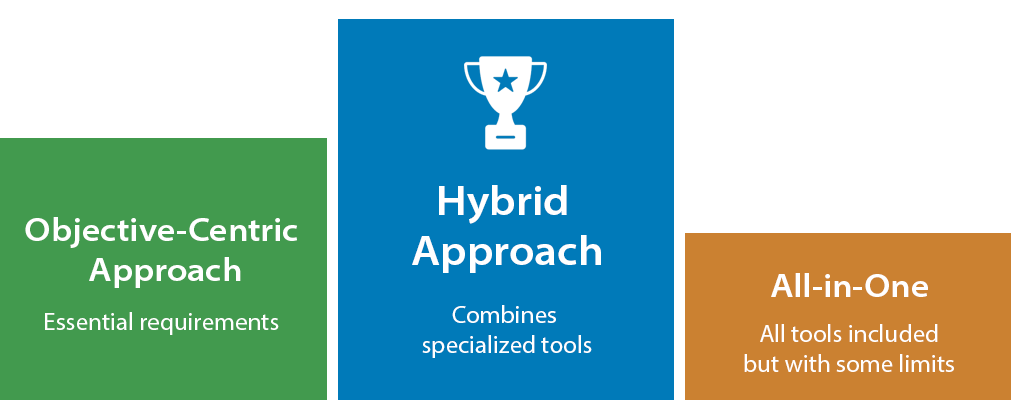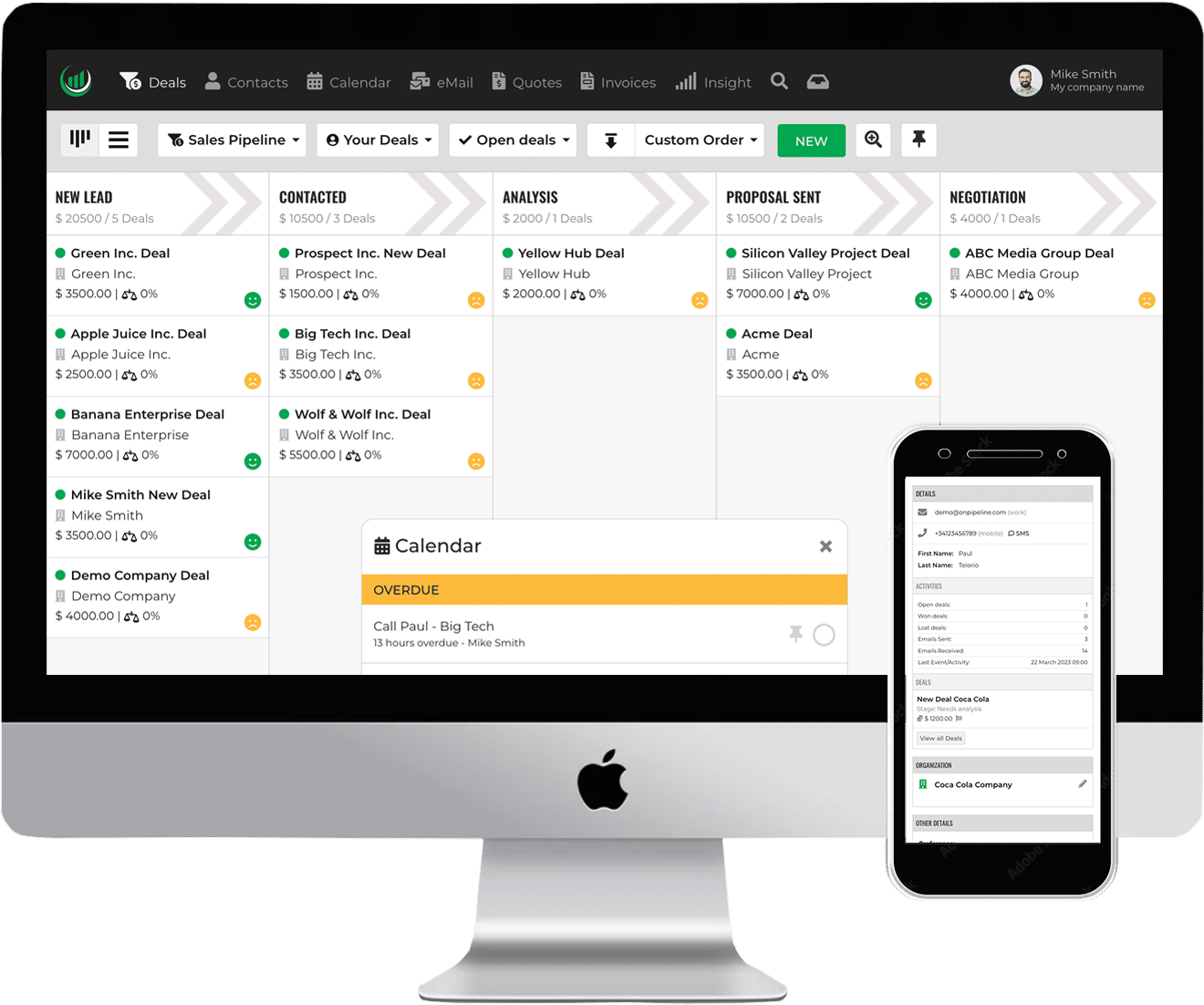When seeking the perfect CRM for your business, it’s important to look beyond the budget. Instead, focus on your specific goals and objectives.
Selecting a CRM that lacks essential features has pitfalls. It is as bad as choosing an overly complex platform that can lead to increased costs and potential workflow disruptions.
Here’s a quick guide on making a judicious CRM choice.
Objective-Centric Approach
Begin by clearly defining your business objectives. Understanding your goals sets the foundation for a tailored CRM solution. This applies to enhancing sales processes, organizing assistance, or a combination of both. It aligns with your unique needs.
Striking a balance between functionality and simplicity is key. Choose a CRM that meets your essential requirements. Don’t overwhelm users or burden your budget with unnecessary complexities.
All-in-One Platforms
Consider the value of specialized solutions tailored to specific needs. Instead of relying on an all-in-one CRM that claims to address every requirement, focus on combining specialized tools.
This ensures a more precise fit for your objectives. It also minimizes the risk of having to adapt workflows to accommodate a generic solution.
If your primary objective is sales, seek a CRM equipped to facilitate and enhance your sales processes. Look for features such as lead tracking, pipeline management, and customer communication tools to streamline your sales efforts effectively.
Hybrid Approach
An hybrid CRM approach is a strategy that combines elements of specialized tools to create a comprehensive and tailored CRM system that aligns with a company’s specific needs and requirements.
This approach aims to address the limitations of relying on a single type of CRM solution by taking advantage of the strengths of specialized CRM tools.
Beware of Complex Solutions
Consider a scenario where a small marketing agency seeks a CRM solution. Opting for an all-in-one platform with intricate project management tools might overwhelm the team. Instead, they could choose a simpler CRM that integrates with their existing project management software.
Focus on Essential Features
Consider a scenario where a software company is mainly focused on improving its customer support. In this case, the ideal CRM should have ticketing systems. It should also have knowledge base integration and customer history tracking. These functionalities streamline the support process, enhancing overall customer satisfaction.
A manufacturing business that wants to optimize its supply chain and inventory management might benefit more from combining a CRM with specialized inventory management software. This is rather than relying on a generic CRM.
Prudent Feature Adoption
It’s essential to envision your business’s future growth. However, don’t choose a CRM solution based solely on features you might need later.
Choosing unnecessary functionalities can raise costs and complicate your operations. Prioritize features that align with your current objectives. Ensure that each component of the CRM serves a tangible purpose.
This approach prevents adopting features for hypothetical future needs. It safeguards your budget and maintains a streamlined workflow focused on your immediate goals.
Remember, the right CRM should be a strategic tool for today’s requirements. It should evolve with your business as needs arise. It should not burden you with unnecessary functionalities that complicate your operations.
Employee Resistance
Implementing changes can elicit varied responses from employees and this is especially true when adopting a new CRM system. A straightforward and intuitive CRM design minimizes perceived complexities. Simplicity aids in faster onboarding and mitigates resistance.
Budget Wisely
Imagine a scenario where a startup is working with limited funds. Instead of investing in an expensive all-in-one CRM, they could choose a budget-friendly solution. The solution should cover their immediate needs. As the business grows, they can gradually incorporate additional specialized tools. This will help them meet evolving requirements.
Scalability
Think about a scenario where a tech company is experiencing rapid expansion. Choosing a scalable CRM is essential to accommodate the growing volume of leads and customers. This way, the CRM can evolve with the business. It prevents the need for a disruptive transition to a new platform as the company expands.



